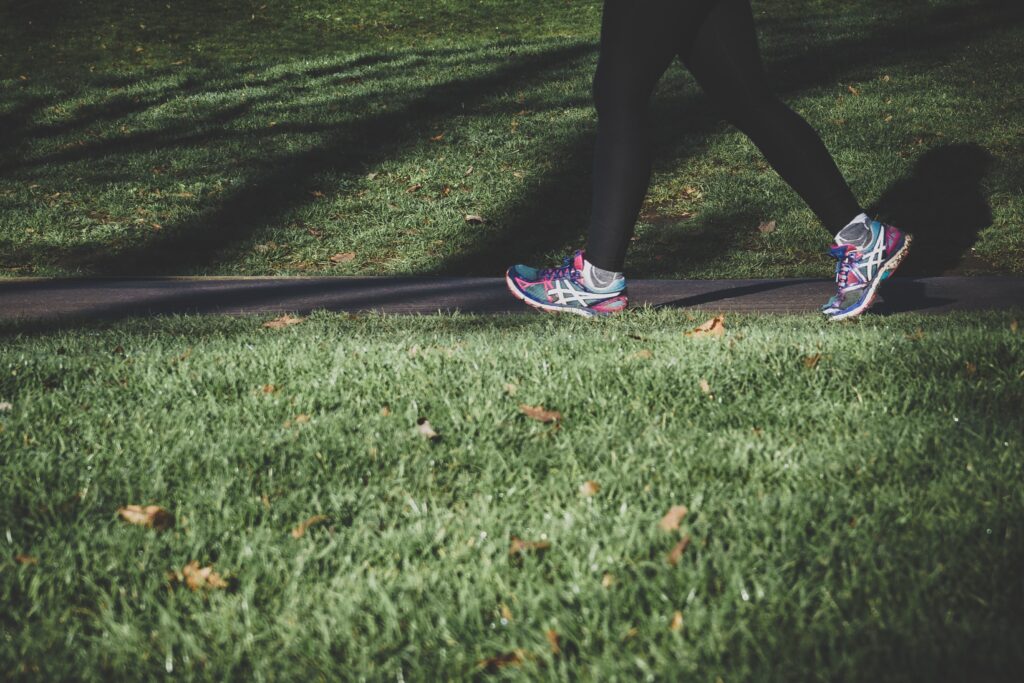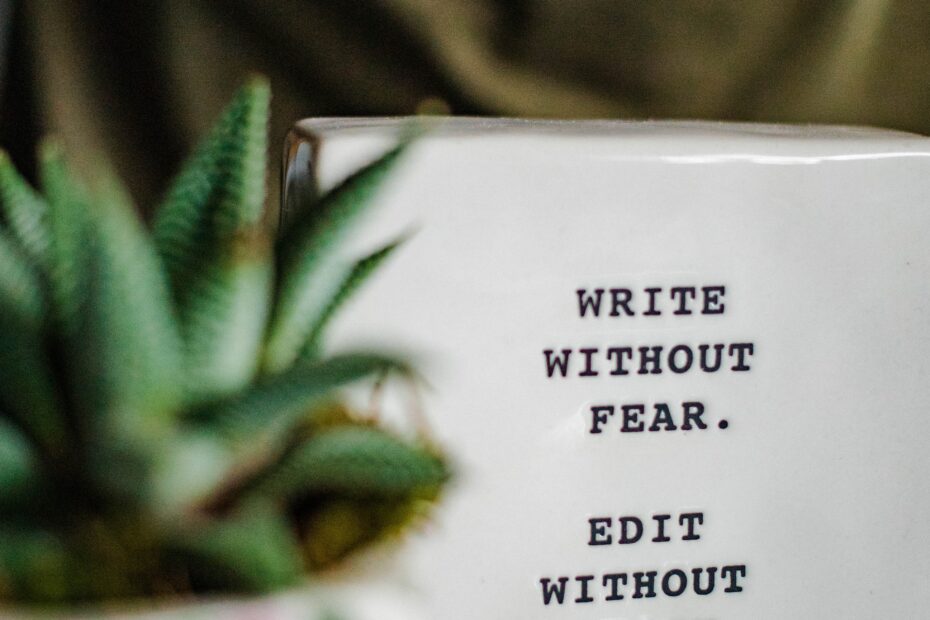Writing is a sensory experience, and appropriate stimulation of the senses can enhance the writing process. When we are overstimulated, using calming sensory experiences can center and focus us; on the other hand, when we land in a creative slump, stimulation can get the brain working again!
Using our senses to calm and center us
Touch: Rub your hand over your softest blanket. Squeeze a stress ball! Also, make sure the temperature of your work space is comfortable, because our stress level increases in a bad way when we are too hot or too cold.
Taste: Eating is a very centering activity. When it’s time to focus, some foods help more than others: nuts, seeds, and other high protein foods, for example. Sometimes comfort foods can help calm us too–a cup of tea to sip or a small treat.

Smell: Certain smells are said to calm the brain down, such as lavender, vanilla, and chamomile. Buying candles or essential oils with these scents to have on hand to break out when overstimulated might be helpful.
Sound: For focus and calm, sound is about keeping out the intruders that redirect our thoughts from our writing. Sound machines with ocean waves, white noise, or babbling brooks can work. Also, just a loud fan or quiet music without words might be what we need to set that routine and calming environment.
Sight: Lighting is essential! Most of us use computers for writing–and screens have a notoriously obnoxious glare. Some things to consider: adjust the screen glare, get glasses that protect your eyes from screen glare, and take screen breaks. Room lighting is also important–try to avoid fluorescent lighting in your writing environment or any overly bright lighting. However, lighting that is too dim also inhibits focus. Like Goldilocks, the lighting needs to be ‘just right.’
Using our senses to wake our brain up
Touch: A change of physical environment briefly can tap into the power of touch. Get up! Walk into another room–walk outside! The temperature change forces the body’s regulation system to kick in, which stimulates the blood flow and wakes us up. Also, make sure the temperature of the room is just right to keep you awake and not sleepy.

Taste: Eat something! A piece of candy or fruit gets those juices flowing, and a quick pop of flavor might be just the ticket for restarting the writing process. Also, hydration is essential! Always keep cold, fresh water on hand while writing.
Smell: Citrus and cinnamon smells can send a zap to the brain to get the synapses snapping again. When we are staring at a blank screen with no idea on the horizon, burning a citrus based candle or peeling an orange can wake the brain up. (Then we can eat the orange, too!).
Sound: This sense depends on the person. Classical music has long been lauded as increasing brain activity. Others use a sound machine with trickling water, which some also say influences creative thought.
Sight: When nothing is happening idea-wise, a short visual break is called for. Look up colorful art, look out the window and watch an industrious squirrel, look around at the art you chose to hang on your walls.
We have all the tools we need to create an optimal writing experience–by simply listening to our senses and applying some sensory techniques, we can produce our best writing while applying some self care along the way. And, as always, we are here to help get your writing to the finish line!
